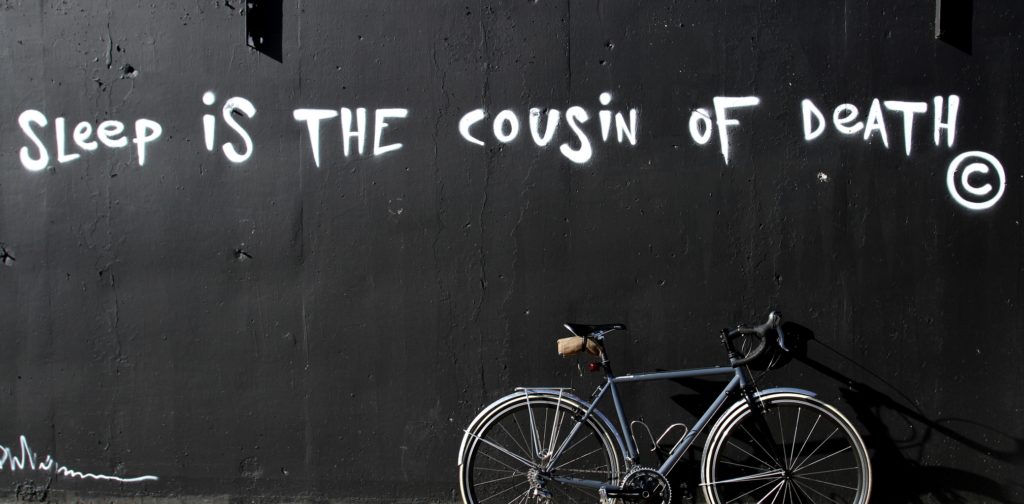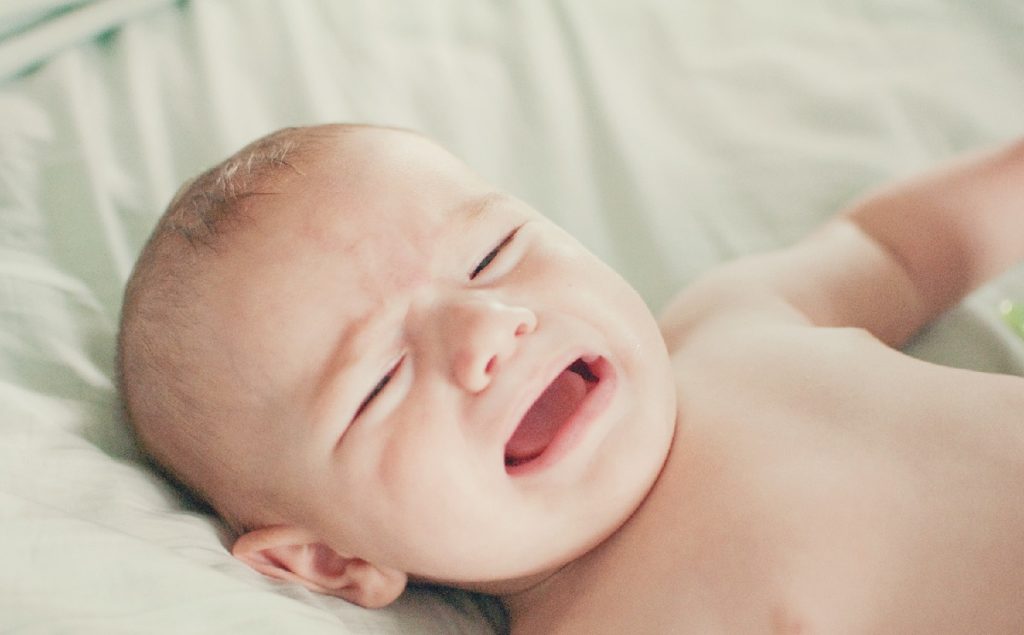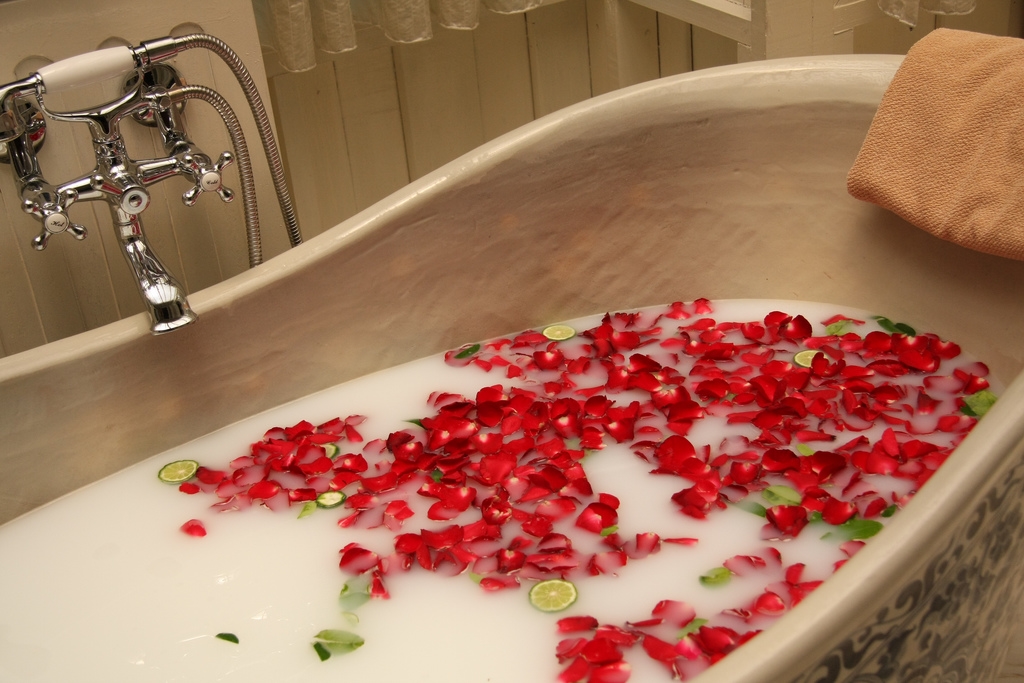“I’ll sleep when I’m dead “– I’m sure you’ve heard this one a time or two before, maybe you’ve even used it yourself. (guilty) Somewhere along the line we came up with this fashionable one-liner implying that sleep is overrated, and you should be living it like it’s your last. Yet, secretly we all crave nocturnal bliss and for good reason. Sleep is not death’s cousin, it’s your health’s best friend.
There are undeniable benefits to getting 7-8 hours – if you’re an adult – of uninterrupted sleep per night. Yet most of us aren’t achieving this baseline or anywhere near it. For some, such as shift workers, it’s unavoidable. According to Economist, a French study in 2014 found that ten years of shift work was associated with cognitive decline equivalent to an extra six-and-a-half years of ageing.
If you’re like me, most of your sleep issues started when you had children. Like most young mothers I went from enjoying a healthy regimen of uninterrupted sleep to the realities of parenthood which included feedings every 2-3 hours, followed by potty-related wakings, night terrors and viruses wreaking havoc all hours of the night. I’ve been known to be found scraping vomit off the sheets at 2am while getting our money’s worth on the new high efficiency washing machine.
The 5 stages of sleep became a thing of folklore, a fantasy we literally dreamt of. I went from sleeping like a rock to sleeping like a baby and believe me whoever came up with the term “sleeping like a baby” never had children.
Let’s get back to the 5 stages of sleep, according to sleepdex.org “usually sleepers pass through five stages: 1, 2, 3, 4 and REM (rapid eye movement) sleep. These stages progress cyclically from 1 through REM then begin again with stage 1”.
So what happens when we don’t get enough of those 5 stages?
This is where the age old adage “sleep when I’m dead” loses its cool factor.
Long periods of insomnia or lack of sleep can be blamed for heart disease, depression, anxiety, accelerated weight gain and aging (they don’t call it beauty rest for nothing). If I haven’t sold you yet, keep reading.
Sleeplessness also has an effect on memory, impairs judgement and reduces longevity. If you’ve ever almost been driven off the road by a transport truck in the dim hours of the night you’ll know just what I mean. Lack of sleep is downright dangerous, not only long term but in the interim as well. Driving while sleep deprived has been proven to be worse than operating under the influence of alcohol – according to discovery.com “drowsy drivers are responsible for one in six — or 17 percent – of fatal car accidents”.
So just how sleep deprived are we?
The first sign of sleep deprivation is a short attention span. Other signs include irritability, lack of concentration, falling asleep in the middle of the day, and hitting that 3 p.m. wall when sitting at your desk. That’s usually the time we head down to the coffee shop.
Women are more likely than men to report sleep issues. This could be attributed to our busy schedules and our need to be everything to our families – unable to shut down – we’ve become emotionally, physically and financially driven. I know firsthand that since my children were born not a pin drops without me hearing it.
For those who actually need something more inclusive there is a test known as a Polysomnography (gesundheit!), also called a sleep study, used to diagnose sleep disorders.
Before we go to this extreme let’s take a look at what is keeping us up at night and who suffers the most from our insistence to sleep with one eye open.
Sleep, or lack thereof, has long been a hot button topic. How much an adult needs (7-8 hours a night) doesn’t equate the needs of a growing teen for example (8-10 hours/night). There have been studies which found that men sleep less than women but these exact studies also prove that women have a harder time falling asleep and even more trouble staying asleep.
To make matters worse we have gadgets strewn everywhere in our homes that whether you are aware of it or not are messing with your slumber. According to the National Sleep Foundation “stimulants like coffee and energy drinks, alarm clocks, and external lights—including those from electronic devices—interferes with our circadian rhythm or natural sleep/wake cycle”. sleepfoundation.org
To complicate matters even more it’s also been proven that people who work full-time have the worst sleeping habits. Careers, extracurricular commitments, meals, finances and housework are bleeding into our coveted 8 hours of shut-eye and we’re paying dearly for it.
So how do can we slow down, power down and most importantly lie down?
- Invest in a new mattress. If you find yourself tossing and turning or waking with sore joints or back it might be time to replace your mattress. This could be the door to a whole new level of siesta.
- Exercise. Although this isn’t a quick fix solution exercising 30-minutes a day 3-4 days a week will affect your body’s ability to sleep and stay asleep in a positive way.
- Re-evaluate your bedroom. Here’s a great excuse for some bedroom upgrades. Make sure the colors you use in your bedroom are soothing and inviting. Assess the temperature, during sleep our body temperature drops, sleeping in a cooler room encourages a longer more restful sleep.
- Unplug! We all knew it was coming and I really need to practice what I preach. My husband brings a tablet to bed each night to read or watch a show and I know the light affects my ability to fall asleep. It’s recommended that we shut down at least an hour before bed. Bring an actual book or better yet find other ways to let off some steam between the sheets.
- Yoga and Meditation are great for working the body while focusing the mind. Read my article on How to Meditate for great tips on practising meditation in your own home.
- Reduce stimulants. This one is a tough pill to swallow but that glass of wine before bed is actually keeping you up at night. Although you may feel sleepy it’s waking you sooner and not allowing you get into the deeper sleep. Same goes for that last cup of coffee. I have made it a rule to cut the stimulants after 2pm and (when I follow it) it really works.
- Lastly and maybe most importantly – stick to a sleep schedule. Even on weekends, if you really need to sleep in try not to sleep more than an hour or two longer.
I find I really struggle to sleep on the nights I know I have a big presentation in the morning or a project due. What I found really helpful was to do what I do for my children. An hour before bed I run a warm bath with Epsom salts and a few drops of lavender essential oils. I bring a book or turn down the lights and just relax.
Stress robs the body of magnesium. Epsom salt is a naturally occurring compound of magnesium which it turns out is highly absorbable through our skin. Lavender is said to rid the body of anxiety and aid insomnia. At first I was cynical that something so simple could help me fall asleep but I drank the Kool-Aid (not literally) and I’m here to tell you it works.
Aside from the baths I have found that having a routine is key and keeping a regular bedtime helps ensure that at the very least I will allot for an 8-hour rest period. The rest is up to Mr. Sandman…







